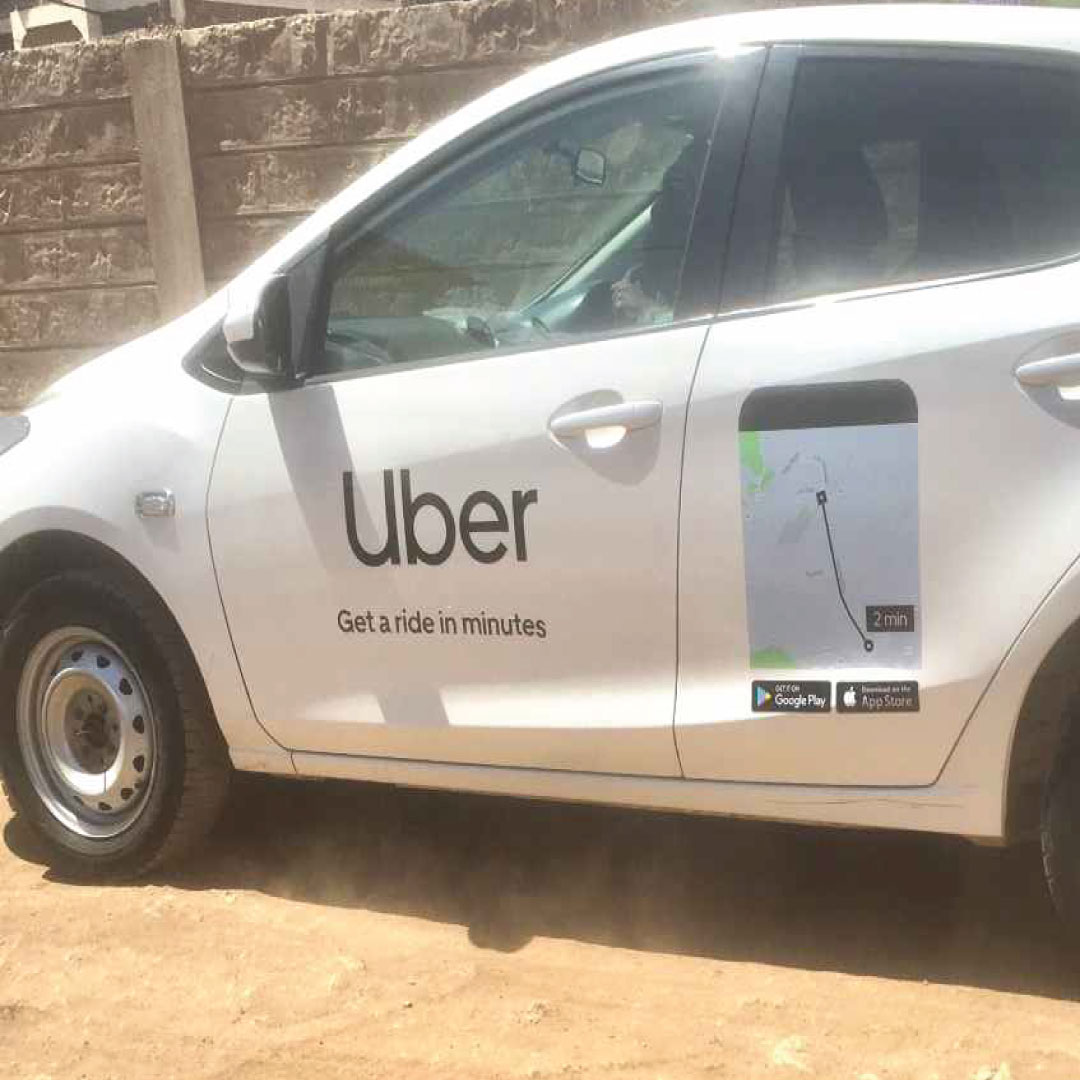Uber has decided to settle a dispute with Kenyan drivers about commuter fare reductions through arbitration.
In an application, the ride-hailing company asked Kenya’s Supreme Court to allow it to resolve disputes with drivers through channels agreed upon in contracts, claiming that it was “improper” for its partners to seek legal redress without first going through the established dispute-resolution mechanisms.
This was in reaction to a lawsuit against Uber in 2016 by a group of drivers and a local taxi company after the ride-hailing company dropped fares by nearly half to compete with Bolt, its major rival in Kenya. The drivers claimed that the act jeopardized their revenues and violated the contract, while Uber claimed they reserved the right to alter their fees.
Read Also Uber and Bolt Drivers in Abuja Charge 50% Above App Rate Over Fuel Scarcity
Uber’s Position On The Lawsuit
“The plaintiffs (drivers) initiated the instant litigation in utter disregard of the Arbitration as mentioned above Clause, and it is very wrong for the plaintiffs to have instituted the instant process in violation of the agreements.” Suppose there is a disagreement between the parties. In that case, it should be resolved through arbitration,” Uber’s lawyer stated in a court motion dated May 4.
Uber’s legal team referred to the company’s driver contract, which contains an arbitration clause stating, “Any dispute, conflict, or controversy arising out of or generally relating to this agreement, including those relating to its validity, construction, or enforceability, shall first be required to be submitted to mediation proceedings under the ICC Mediation Rules.”
“If such issue has not been resolved within sixty days of such request for mediation being submitted under such ICC Mediation Rules, such disagreement might be referred to and shall be exclusively and ultimately determined by arbitration… “The arbitration shall occur in Amsterdam, The Netherlands,” the article states.
Uber’s application follows a court decision last year that confirmed a tie between Uber Kenya Ltd and Uber BV firms in The Netherlands, holding them liable to their partners and setting the path for a lawsuit against the company. Uber Kenya had attempted to isolate itself from the parent firm to avoid blame for its activities in Kenya.
The arbitration, as mentioned earlier, is in effect and can be carried out.” The second defendant (Uber B.V.) is ready and eager to have the dispute resolved through arbitration. According to the application, “the parties are contractually committed to refer any disagreements between them to arbitration under the agreement, while this honorable court is enjoined to keep parties to their bargain.




